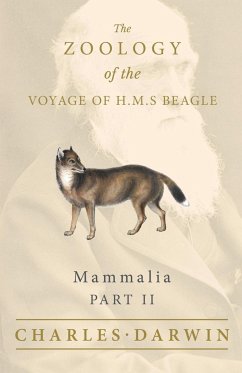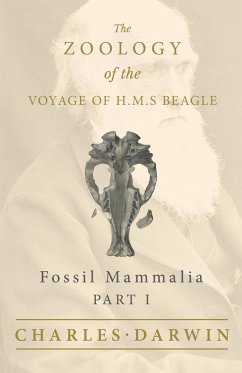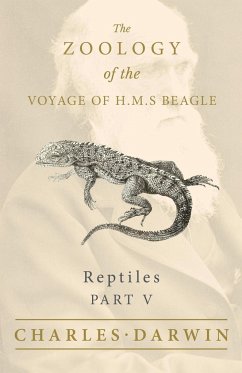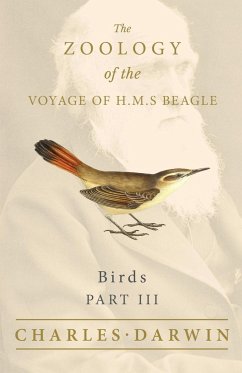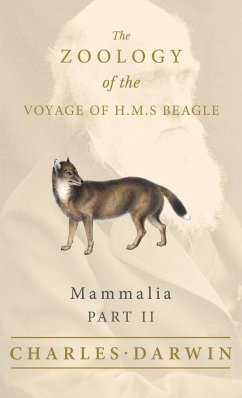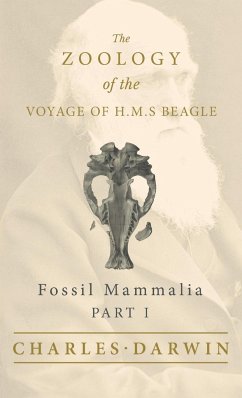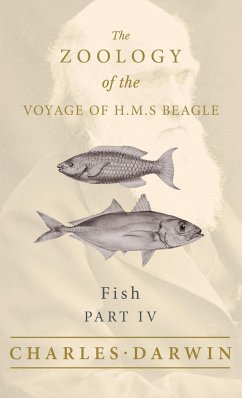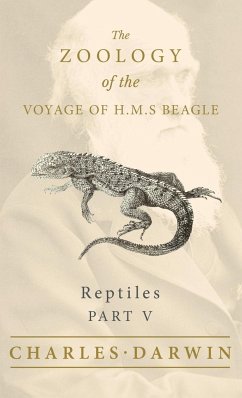First published in 1842, this vintage book contains part two of Charles Darwin's "The Zoology of The Voyage of H.M.S. Beagle", a fascinating and detailed account of the research he did whilst aboard the HMS Beagle between 1832 and 1836-work that played a key role in the conception of his scientific theories on evolution and natural selection. This part concentrates on the various mammals that he encountered and studied around the world. Contents include: "Phyllostomidae", "Phyllostoma Grayi", "Phyllostoma Perspicillatum", "Vespertilionidae", "Noctilionidae", "Carnivora", "Canis Magellanicus", "Felis Pajoros", etc. Charles Robert Darwin (1809 - 1882) was an English geologist, naturalist, and biologist most famous for his contributions to the science of evolution and his book "On the Origin of Species" (1859). Many vintage books such as this are increasingly scarce and expensive. We are republishing this volume now in an affordable, modern, high-quality edition complete with a specially-commissioned new introduction on ornithology.

